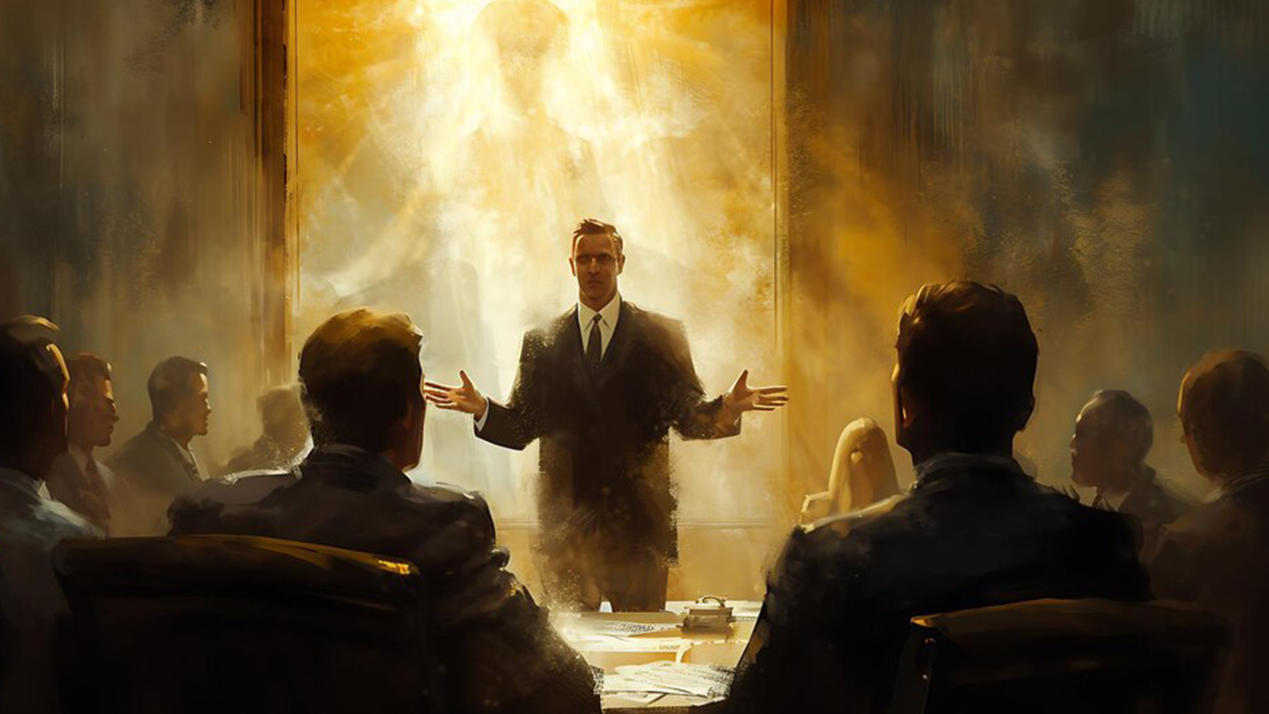

At its core, leadership is an enduring journey that transcends eras and cultures. What can today’s leaders learn from the titans of history, those iconic figures whose wisdom and strategies have shaped the world? By delving into the leadership lessons from history, we uncover timeless principles that remain relevant and inspiring in our modern landscape.
Imagine standing at the helm of a vast empire, much like Alexander the Great, who, by the age of 30, had created one of the largest empires in ancient history. His leadership was characterized by bold vision and relentless ambition. How can modern leaders channel such visionary thinking? It starts with a clear, compelling goal that motivates and unites the entire organization. Alexander’s ability to inspire his troops through shared purpose and unwavering determination remains a powerful example of visionary leadership.
Consider the story of Queen Elizabeth I of England, who navigated the complexities of political intrigue, war, and cultural change during her reign. Her leadership was marked by resilience and adaptability. Picture a tree that withstands the fiercest storms by bending and not breaking. Elizabeth’s ability to adapt to changing circumstances while maintaining her core principles offers lessons in flexibility and strength. Modern leaders, faced with rapid technological advancements and market fluctuations, must adapt without losing sight of their mission and values.
Another compelling example is Mahatma Gandhi, whose leadership through nonviolent resistance led to India’s independence from British rule. Gandhi’s approach was not one of force but of moral authority and steadfast commitment to justice. Imagine a river carving through rock—not with brute strength, but with persistent and gentle pressure. Gandhi’s leadership teaches us the power of patience, moral courage, and the ability to inspire through example. In today’s business world, leaders can harness these principles to drive change and cultivate a strong ethical foundation within their organizations.
Why are these historical leadership lessons so pertinent today? Because they provide a rich tapestry of strategies and mindsets that can guide contemporary leaders through the complexities of modern challenges. Think of them as a compass, providing direction in an ever-changing landscape. By reflecting on these timeless lessons, leaders can navigate their organizations with greater insight and effectiveness.
Consider the leadership of Nelson Mandela, who emerged from 27 years of imprisonment to lead South Africa out of apartheid and into a new era of reconciliation and democracy. Mandela’s leadership was rooted in forgiveness and unity. Picture a bridge that connects two previously divided lands, enabling travel and exchange. Mandela’s ability to unite a fractured nation through empathy and inclusivity underscores the importance of building bridges, not walls. Modern leaders can draw from Mandela’s example to foster unity and collaboration in diverse, global teams.
Another noteworthy figure is Steve Jobs, co-founder of Apple Inc. While not as ancient as others, Jobs’ innovative and sometimes unconventional leadership transformed the tech industry. His insistence on simplicity and user-centric design led to groundbreaking products that revolutionized our interactions with technology. Imagine a sculptor chiseling away at a block of marble to reveal a masterpiece beneath. Jobs’ focus on refining and perfecting ideas teaches leaders the value of innovation, attention to detail, and the relentless pursuit of excellence.
Moreover, history teaches us that true leadership often involves making tough decisions and standing by them. Winston Churchill epitomized this principle with his unyielding resolve during World War II. Full of defiance and hope, his speeches rallied a nation under siege. Picture a lighthouse standing firm against crashing waves, guiding ships safely to shore. Churchill’s leadership during the darkest times of war reminds us of the power of steadfastness and the ability to inspire confidence and resilience in others.
In conclusion, leadership lessons from history offer a wealth of wisdom for today’s leaders. By emulating the visionary thinking of Alexander the Great, the adaptability of Queen Elizabeth I, the moral courage of Mahatma Gandhi, the unity of Nelson Mandela, the innovation of Steve Jobs, and the resolve of Winston Churchill, modern leaders can navigate the complexities of the digital age with timeless strategies. As we move forward, the question isn’t whether these lessons are relevant but how we can best apply them to lead with integrity, vision, and resilience. Will you be the visionary, the adaptable leader, the moral compass, or the unifying force guiding your organization to new heights? The choice is yours.








© THE CEO PUBLICATION 2021 | All rights reserved. Terms and condition | Privacy and Policy